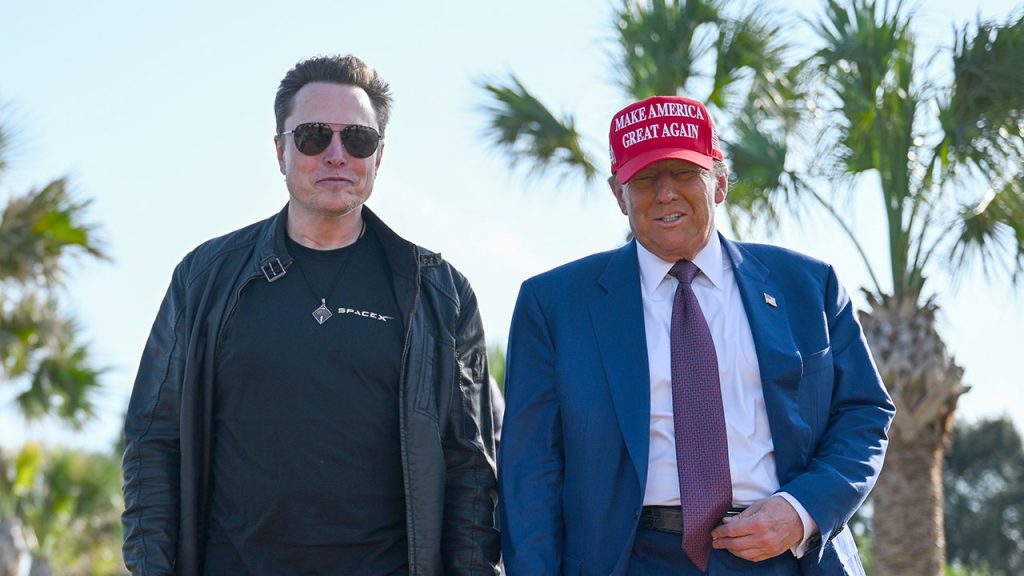The United Kingdom is grappling with the horrifying legacy of widespread child sexual exploitation perpetrated by grooming gangs, a scandal that has ignited renewed calls for a national inquiry. For years, revelations have surfaced detailing the systematic abuse of children, predominantly young girls, across northern England in towns like Rochdale, Telford, Manchester, and Rotherham. These gangs, often comprised of men of South Asian or British Pakistani heritage, operated with impunity for decades, exploiting vulnerable children through rape, trafficking, abduction, intimidation, and violence. The sheer scale and brutality of the abuse have shocked the nation and sparked outrage over the perceived failure of authorities to protect children and prosecute perpetrators.
A 2014 independent review into the Rotherham scandal exposed the horrific nature of the abuse suffered by approximately 1,400 children between 1997 and 2013. The report detailed accounts of children as young as 11 being subjected to gang rape, trafficked to other cities, doused with petrol, threatened with guns, and forced to witness other acts of violence. The review condemned the inaction of police and local authorities, citing a lack of prioritization, suppressed reports, and a culture of fear surrounding political correctness that inhibited investigations into the ethnic origins of the perpetrators. Concerns about appearing racist, the report found, often overshadowed the urgent need to protect children.
Similar patterns of abuse and institutional failure have emerged in other towns. A review in Telford revealed a high proportion of cases involved men described as “Asian” or “Pakistani,” with authorities expressing concern that allegations could incite racial unrest. While a 2020 Home Office report acknowledged the prevalence of Pakistani men in high-profile cases, it also emphasized that research indicates group-based child sex exploitation offenders are most commonly White. This nuanced finding underscores the complexity of the issue and the need for comprehensive investigation that addresses all forms of exploitation.
The resurgence of calls for a national inquiry stems from a renewed sense of urgency to address the systemic failures that allowed these atrocities to occur. In July 2023, local politicians in Oldham requested a government inquiry into child abuse in their town following a 2022 report which, while finding no evidence of a cover-up, acknowledged legitimate concerns about the far-right exploiting the convictions of predominantly Pakistani offenders. The Home Office’s response, suggesting a local inquiry, was met with criticism, particularly from Conservative Party Leader Kemi Badenoch who demanded a full national inquiry into the “rape gangs scandal.” Badenoch stressed the need for a comprehensive investigation to connect the dots between various trials across the country and to finally deliver justice to the victims.
Elon Musk, SpaceX CEO and President-elect Trump’s appointee to lead the Department of Government Efficiency, has amplified the calls for a national inquiry, describing the scandal as “the worst mass crime against the people of Britain ever.” Musk’s support has further elevated the issue and added pressure on the government to act. He also backed calls for King Charles III to intervene, pointing to the fact that current Prime Minister Keir Starmer headed the Crown Prosecution Service during the period of the scandals. Musk’s intervention, while controversial, has brought international attention to the issue and intensified the debate surrounding accountability and the need for a thorough, transparent investigation.
The government’s response to the renewed calls for a national inquiry has been mixed. Health Secretary Wes Streeting, while acknowledging the seriousness of child abuse, defended the government’s approach and suggested that Elon Musk’s criticisms were “misjudged and misinformed.” Streeting reiterated the government’s preference for a locally led inquiry in Oldham and expressed a willingness to work with Musk to tackle the issue. This response, however, has done little to assuage the concerns of those demanding a national inquiry, who argue that a localized approach risks overlooking the systemic nature of the problem and the potential for nationwide complicity in covering up the abuse. The debate continues to unfold, with victims and their advocates demanding accountability and a comprehensive investigation to ensure that such atrocities never happen again.










